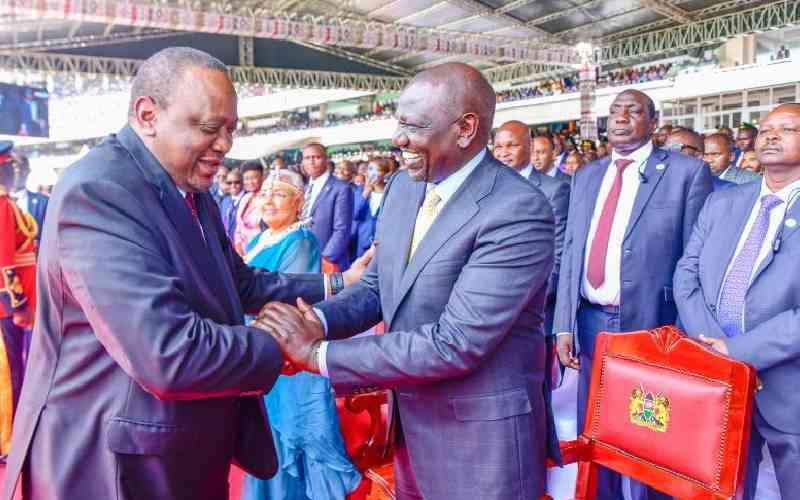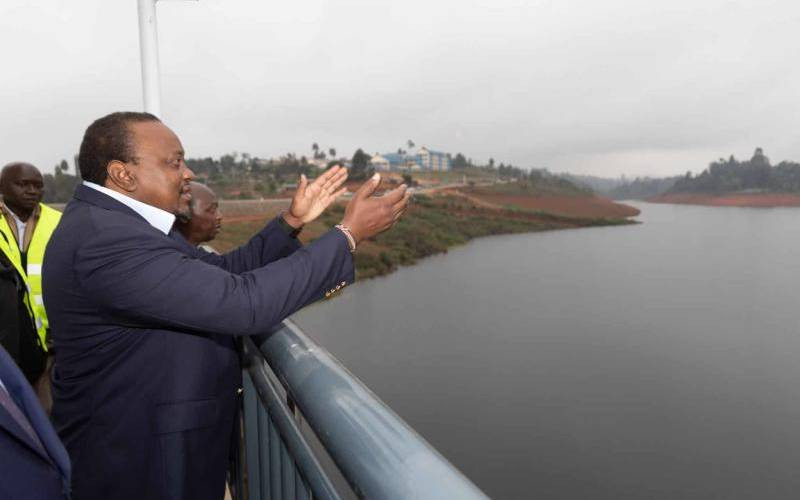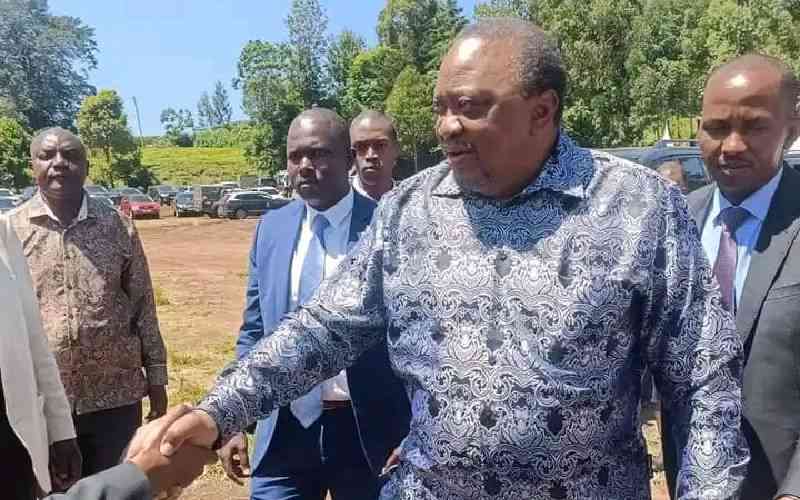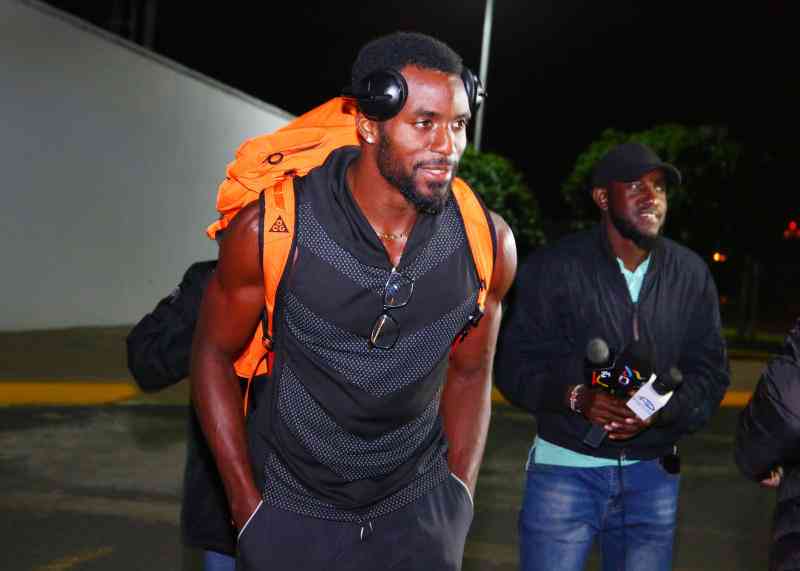The UN has supported Kenya's decision to close Daadab refugee camp.
The crucial backing came after President Uhuru Kenyatta and UN Secretary General Ban Ki-moon agreed to source for more money to help Kenya send at least 350,000 refugees back to Somalia.
Foreign Affairs Cabinet Secretary Amina Mohamed confirmed the latest development, saying Kenya will discuss further modalities of repatriation with Mr Ban on the sidelines of the United Nations Conference on Trade and Development (UNCTAD) in Nairobi next month.
"The issue of the camp is clear. This is an issue that is firmly entrenched in the international circles. It is an accepted fact that it is going to happen and we all have to come together to collectively and jointly do what is supposed to be done," she said.
"UN actually understands the position Kenya has taken (and its) commitment to make the process as smooth as possible. Ban obviously agrees that Dadaab has been in place for a long time. The only sticky issue now is that the repatriation must be done in a dignified manner."
Tripartite agreement
The CS referred to a tripartite agreement signed between Kenya, Somalia and United Nations High Commission for Refugees (UNHCR) in November 2013 on the closure of the camp and which elapses this November.
"(We) agreed (on) a framework to guide steps of repatriation of refugees. Nothing has been forthcoming and it expires this year. A decision had to be made to beat the deadline," said Ms Mohammed.
She disclosed that Uhuru and Ban discussed a lot during their meeting, focusing more on Dadaab's closure.
In reference to the President's meeting with UNHCR High Commissioner Philippo Grandi, where he affirmed that the decision to shut down the camp was final, Uhuru delivered the same message to Moon and the European Development Day delegation.
"The meeting was basically to bring Ban up to speed on the matter. Mr Grandi will be coming back to Nairobi by the end of the month, to discuss this matter in a concrete way," the CS said.
"This visit will include everything. The time frame, the places the returnees will be relocated to in Somalia and it has to be safe for repatriation to begin in earnest."
Mohamed recounted Grandi's visit to the camp, when he was in Kenya and affirmed that the refugees were not opposed to the repatriation exercise, rather they raised concerns over funding and time.
"They wanted financial support to enable them settle in Somalia and allow them adequate time to prepare themselves. This will be done in a manner that will make us all proud," she assured. On Amisom funding and request to have the mission be part of the UN peace Keeping mission, Mohamed said Ban promised to refer the matter to the security council. The EU reduced its funding to Amisom by 20 per cent.
Stay informed. Subscribe to our newsletter
 The Standard Group Plc is a
multi-media organization with investments in media platforms spanning newspaper
print operations, television, radio broadcasting, digital and online services. The
Standard Group is recognized as a leading multi-media house in Kenya with a key
influence in matters of national and international interest.
The Standard Group Plc is a
multi-media organization with investments in media platforms spanning newspaper
print operations, television, radio broadcasting, digital and online services. The
Standard Group is recognized as a leading multi-media house in Kenya with a key
influence in matters of national and international interest.
 The Standard Group Plc is a
multi-media organization with investments in media platforms spanning newspaper
print operations, television, radio broadcasting, digital and online services. The
Standard Group is recognized as a leading multi-media house in Kenya with a key
influence in matters of national and international interest.
The Standard Group Plc is a
multi-media organization with investments in media platforms spanning newspaper
print operations, television, radio broadcasting, digital and online services. The
Standard Group is recognized as a leading multi-media house in Kenya with a key
influence in matters of national and international interest.









